Copying national history through music
Major General - musician Nguyen Duc Trinh, Chairman of the Vietnam Musicians Association, emotionally recalled a moment that every generation of Vietnamese people deeply remembers: exactly on April 30, 1975, the song "As if Uncle Ho were here on the day of great victory" by musician Pham Tuyen resounded over the radio waves, signaling a new era for the nation.
At that moment, the melody was the song of millions of hearts, the joy of the country being reunited. From that moment, according to musician Duc Trinh, Vietnamese music began a new chapter, carrying within it the breath of history, the desire for peace and construction.
For 50 years after the unification, music has become a faithful witness, a chronicler in melody. Music not only records the golden pages of history but also preserves the pain of loss, the joy of reunion, the silent sacrifice and the dream of a beautiful life. These works have affirmed the great role of revolutionary music in the spiritual life of the nation.
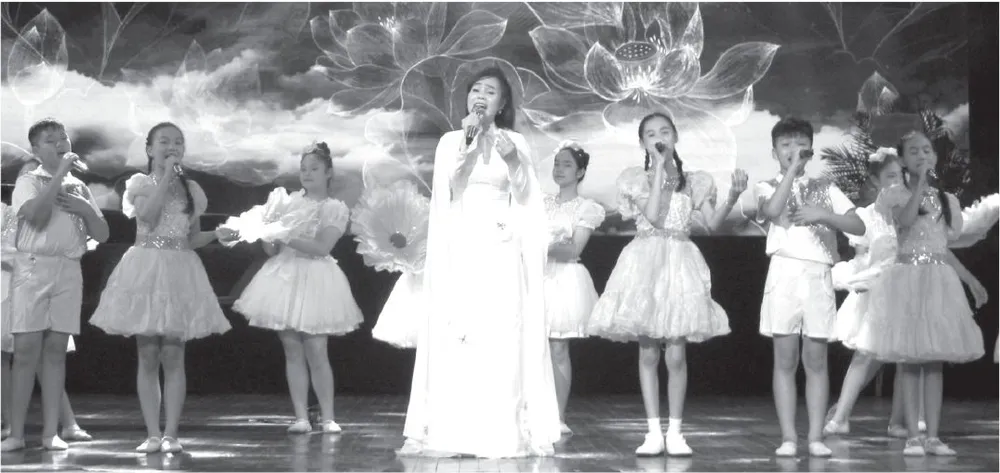
The National Melody Music Night recreated that journey by honoring 55 typical musical works from the period 1975-2025 (including 50 songs and 5 instrumental/opera works) selected from musician associations across the country. From The Country Full of Joy (Hoang Ha) which revived the atmosphere of the national festival, to The First Spring (Van Cao) which resonated like a promise for the future, then the medley Spring in Ho Chi Minh City (Xuan Hong) and Vietnam, Oh Spring Has Come (Huy Du) which were as bustling as footsteps going to battle became steps into the era of construction.
Melody of love and hope
The music night was a multi-colored convergence, a picture of sound in which each brushstroke was a melody that penetrated deep into people's hearts. On stage, songs that have endured through the years were sublimated through the voices of People's Artists Quoc Hung, Duc Long and talented young singers such as Ngo Huong Diep, Minh Toi, Hoang Anh... Each song sung was like a door bringing listeners back to the heroic days of the nation.
In addition to songs about victory, the program also depicts songs associated with the most sacred and profound emotions. That is the love for the homeland through works such as: Love of the Red Land of the East (Tran Long An), or The Roof of the Sea Village (Nguyen Cuong), the deep nostalgia for the capital with Remembering Hanoi (Hoang Hiep) and Em oi Ha Noi Pho (Phu Quang)...
And even the profound love songs such as Boat and the Sea (Phan Huynh Dieu, poem by Xuan Quynh), Milk Flower (Hong Dang) made the listeners silent in memories, in gentle vibrations. In between, instrumental and opera pieces such as Red Leaves (Do Hong Quan) became heroic songs, recalling a time of fiery but also romantic battlefields.
A particularly meaningful highlight is the presence of the song This Earth is Ours (lyrics by Dinh Hai, music by Truong Quang Luc) in the list of honored people. The song is familiar to children, simple and pure, but contains a profound message about peace, friendship and the desire to live together on the green planet.
The song's clear lyrics are a clear proof that revolutionary music not only depicts the feats but also nurtures universal human values, sowing seeds in the souls of future generations. The music night ended with the melody As if Uncle Ho were here on the day of great victory , ending a journey of memories and opening a new path.
Over the past half century, revolutionary songs and love songs have become a spiritual heritage, nurturing Vietnamese pride and aspirations. And from now on, every Vietnamese Music Day, the Melodies of the Fatherland will resonate again, so that the past and the present can harmonize, so that faith and love continue to spread across the beloved S-shaped land.
Source: https://www.sggp.org.vn/vang-mai-nhung-ban-hung-ca-cua-non-song-post812202.html








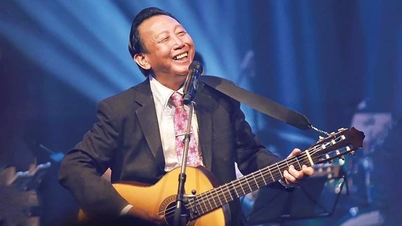

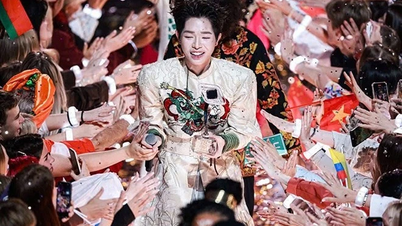

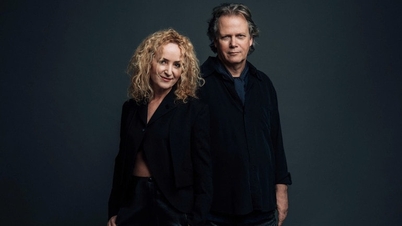
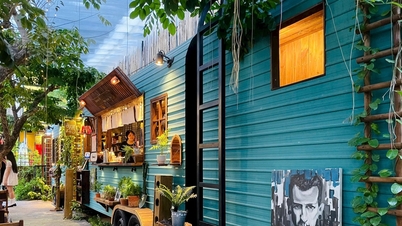



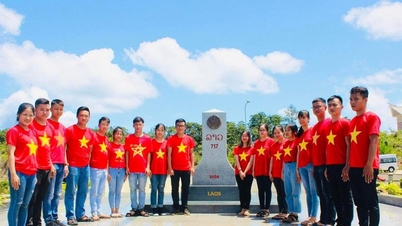




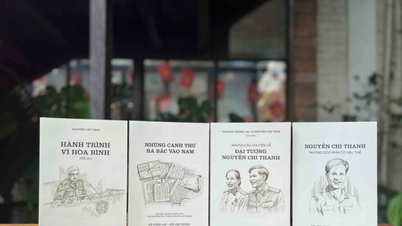


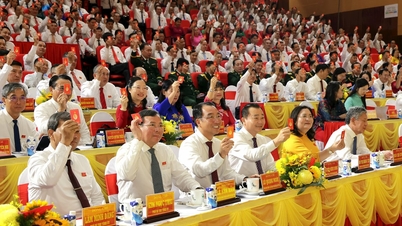
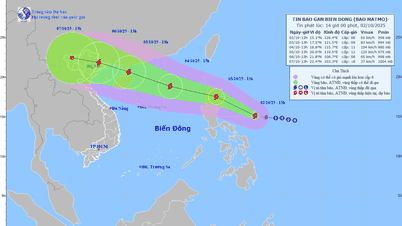





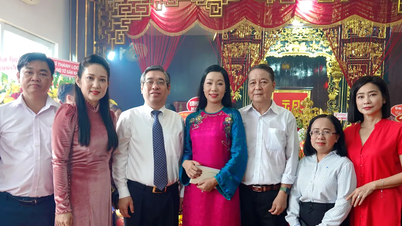
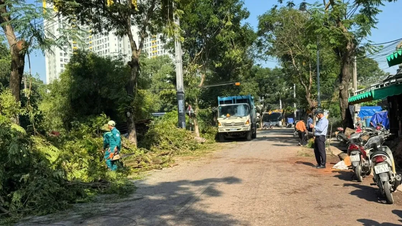
















































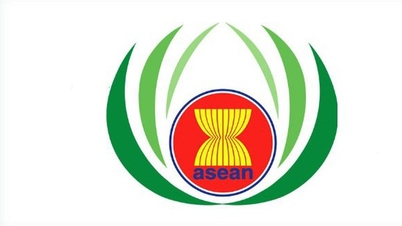
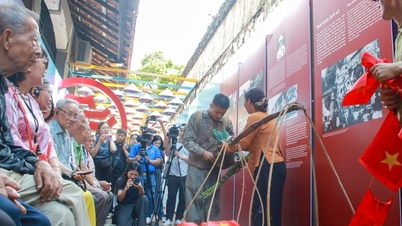
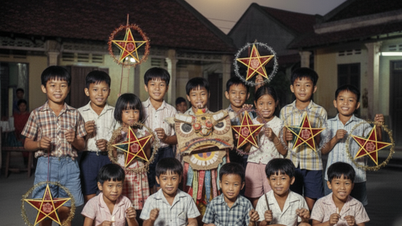

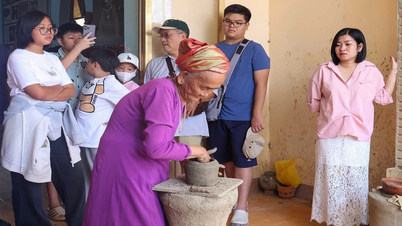

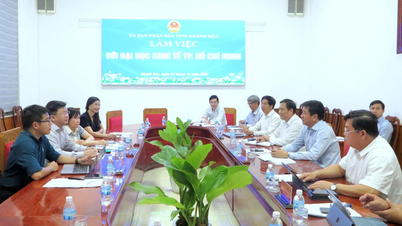

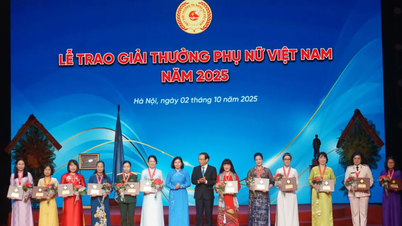















Comment (0)